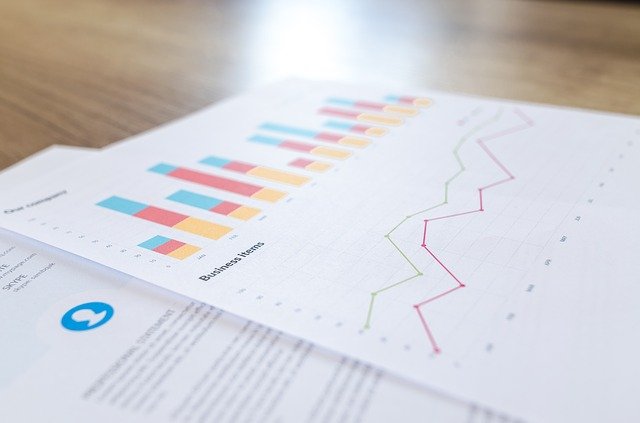Finance & Business
How do foreign exchange transactions (forwards, swaps, options) differ?

When people generally speak of a “foreign exchange transaction”, they may mean something more specialized in addition to the simple buying and selling of currencies. Spot foreign exchange transactions are also called spot transactions. If there are no more than two banking days between the date of the transaction and the settlement of the claims, it is called a spot transaction. This type of transaction is the norm, so if there is no special agreement otherwise, the foreign exchange transaction is a spot foreign exchange transaction.
The forward exchange transaction is also called forward. Between the day of the conclusion of the transaction and the day of its fulfillment there are at least 3 days, or even several months. The terms and conditions, especially the exchange rate, are set when the transaction is concluded and are maintained until the settlement date. Thus, the exchange rate agreed upon several months ago is valid on the settlement date, regardless of whether the rate has changed in the meantime. This fact makes the forward exchange transaction a hedging transaction. Hedging is one of the more complex operations in the foreign exchange market and should only be undertaken with sufficient experience.
Swaps are a combination of spot foreign exchange transactions and forward transactions. The foreign exchange swap transaction also belongs to the forward transactions. In a swap, the spot purchase is exchanged with the forward sale. In this case, the exchange of two currencies is agreed separately, once on the day of the transaction and the reverse exchange is made some time, up to several months later. Currency option transactions belong to the derivative transactions, so called derivatives. Here the buyer obtains the right to buy or sell a currency at a certain price or rate within a certain period or at a certain time. The price of the currency option refers to the right, not the rate. Thus, the buyer buys an option, pays the option premium, and the seller of the option then has the obligation to also take or deliver the foreign currency later. Swaps, forwards and especially options should only be used by experienced investors.
Brokers now have almost every trade on offer, however there are brokers that focus only on spot foreign exchange transactions. So if you are planning a foray into options or forwards, find out if your broker offers this as well.

